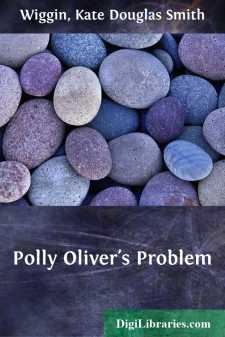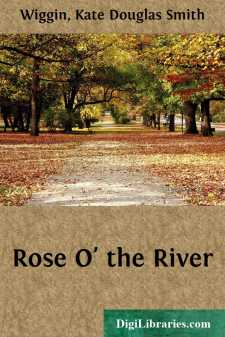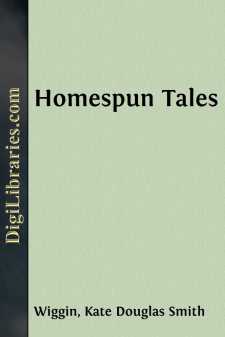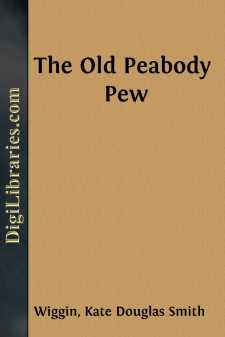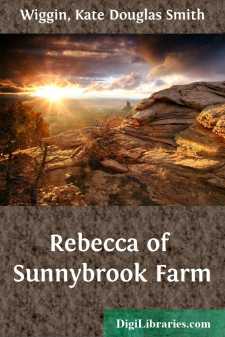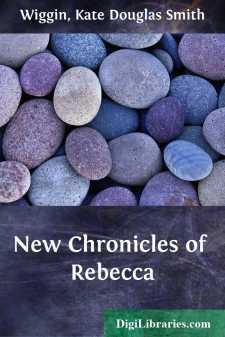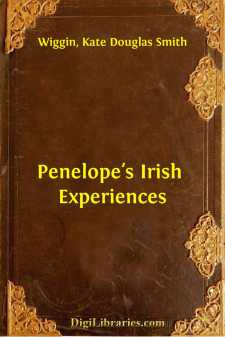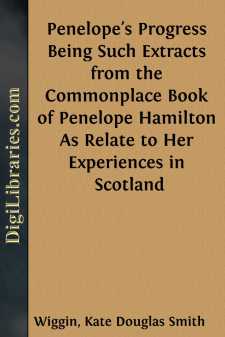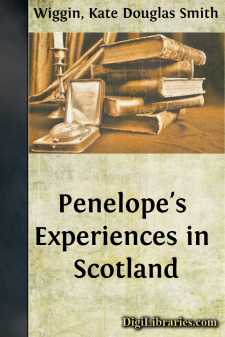Categories
- Antiques & Collectibles 13
- Architecture 36
- Art 48
- Bibles 22
- Biography & Autobiography 813
- Body, Mind & Spirit 142
- Business & Economics 28
- Children's Books 15
- Children's Fiction 12
- Computers 4
- Cooking 94
- Crafts & Hobbies 4
- Drama 346
- Education 46
- Family & Relationships 57
- Fiction 11828
- Games 19
- Gardening 17
- Health & Fitness 34
- History 1377
- House & Home 1
- Humor 147
- Juvenile Fiction 1873
- Juvenile Nonfiction 202
- Language Arts & Disciplines 88
- Law 16
- Literary Collections 686
- Literary Criticism 179
- Mathematics 13
- Medical 41
- Music 40
- Nature 179
- Non-Classifiable 1768
- Performing Arts 7
- Periodicals 1453
- Philosophy 64
- Photography 2
- Poetry 896
- Political Science 203
- Psychology 42
- Reference 154
- Religion 513
- Science 126
- Self-Help 84
- Social Science 81
- Sports & Recreation 34
- Study Aids 3
- Technology & Engineering 59
- Transportation 23
- Travel 463
- True Crime 29
Polly Oliver's Problem
Categories:
Description:
Excerpt
KATE DOUGLAS WIGGIN.
It is an advantage for an author to have known many places and different sorts of people, though the most vivid impressions are commonly those received in childhood and youth. Mrs. Wiggin, as she is known in literature, was Kate Douglas Smith; she was born in Philadelphia, and spent her young womanhood in California, but when a very young child she removed to Hollis in the State of Maine, and since her maturity has usually made her summer home there; her earliest recollections thus belong to the place, and she draws inspiration for her character and scene painting very largely from this New England neighborhood.
Hollis is a quiet, secluded place, a picturesque but almost deserted village--if the few houses so widely scattered can be termed a village--located among the undulating hills that lie along the lower reaches of the Saco River. Here she plans to do almost all her actual writing--the story itself is begun long before--and she resorts to the place with pent-up energy.
A quaint old house of colonial date and style, set in the midst of extensive grounds and shaded by graceful old trees,--this is "Quillcote,"--the summer home of Mrs. Wiggin. Quillcote is typical of many old New England homesteads; with an environment that is very close to the heart of nature, it combines all that is most desirable and beautiful in genuine country life. The old manor house is located on a sightly elevation commanding a varied view of the surrounding hills and fertile valleys; to the northwest are to be seen the foot-hills of Mt. Washington, and easterly a two hours' drive will bring one to Old Orchard Beach, and the broad, blue, delicious ocean whose breezes are generously wafted inland to Quillcote.
Mrs. Wiggin is thoroughly in love with this big rambling house, from garret to cellar. A genuine historic air seems to surround the entire place, lending an added charm, and there are many impressive characteristics of the house in its dignity of architecture, which seem to speak of a past century with volumes of history in reserve. A few steps from these ample grounds, on the opposite side of the road, is a pretty wooden cottage of moderate size and very attractive, the early home of Mrs. Wiggin. These scenes have inspired much of the local coloring of her stories of New England life and character. "Pleasant River" in Timothy's Quest is drawn from this locality, and in her latest book, The Village Watch Tower, many of her settings and descriptions are very close to existing conditions.
Her own room and literary workshop is on the second floor of the house; it is distinctively a study in white, and no place could be more ideal for creative work. It has the cheeriest outlook from four windows with a southern exposure, overlooking a broad grass plat studded with trees, where birds from early dawn hold merry carnival, and squirrels find perfect and unmolested freedom. A peep into this sanctum is a most convincing proof that she is a woman who dearly loves order, as every detail plainly indicates, and it is also noticeable that any display of literary litter is most conspicuously absent....


